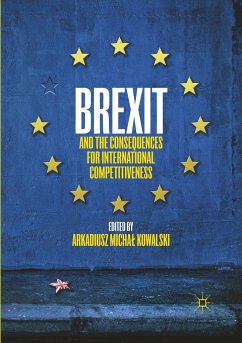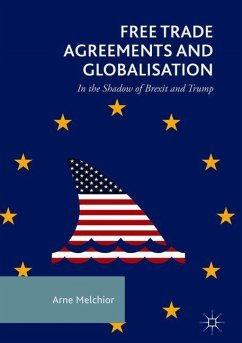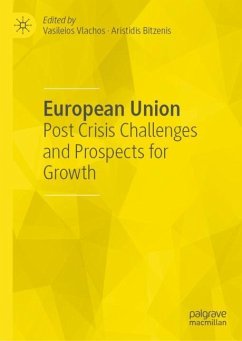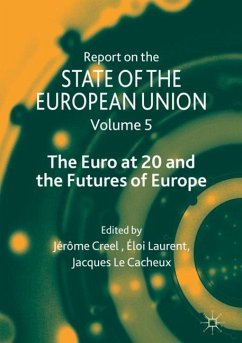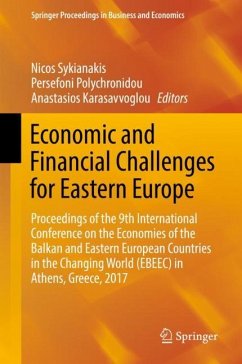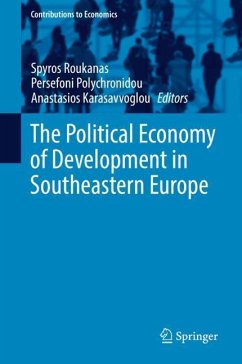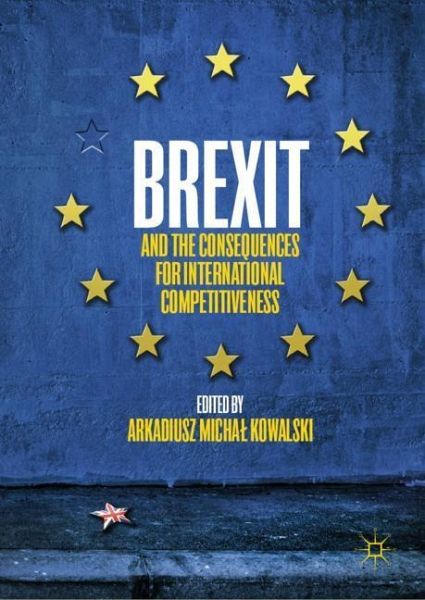
Brexit and the Consequences for International Competitiveness

PAYBACK Punkte
61 °P sammeln!
This book provides a study on the impact of Brexit on international competitiveness and in doing so, presents a theoretical account of regional disintegration. In recent decades, the theory of regional economic integration has expanded following growing integration processes taking place not only in Europe, but in other continents too. The result of the EU Referendum in the United Kingdom on 23 June 2016 revealed that regional integration does not have to be a one-way process as was perceived for many years. Despite well-developed models of economic integration within economic theory, there st...
This book provides a study on the impact of Brexit on international competitiveness and in doing so, presents a theoretical account of regional disintegration. In recent decades, the theory of regional economic integration has expanded following growing integration processes taking place not only in Europe, but in other continents too. The result of the EU Referendum in the United Kingdom on 23 June 2016 revealed that regional integration does not have to be a one-way process as was perceived for many years. Despite well-developed models of economic integration within economic theory, there still lacks an analytical explanation of the mechanics of disintegration. For many years, integration was commonly perceived as a beneficial process, and while disintegration is not desirable, this led to normative bias in the research on regional integration. This book, therefore, makes an important contribution to theoretical and empirical developments of regional economic disintegration.





